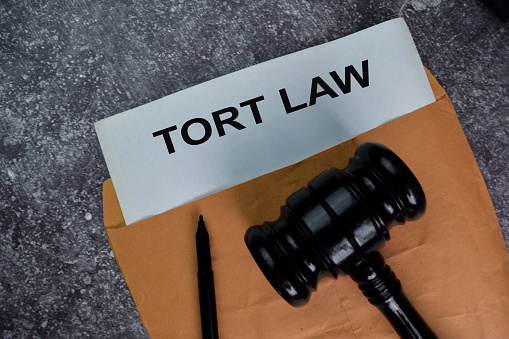
The COVID-19 pandemic will likely be followed by a tidal wave of civil, intentional, and negligent harm claims, also known as “torts.”
A tort claim is an allegation of a “civil wrong,” transgressions that result in financial or property loss, and/or emotional, physical, or personal damage.
The topic of torts may not come up much in day-to-day life, but with a swell of COVID-19 lawsuits on the horizon, it’s best to get acquainted with this legal option and how it could be of use to you.
Why am I hearing about torts now?
The unprecedented-in-modern-times pandemic caught many within the government, healthcare field, and business sectors off guard. People scrambled to address the quick-spreading and too-often fatal disease. Mistakes were made. Many of them could have been avoided. And now victims and their families are seeking justice.
While hard data is not yet available on how many intentional torts have been or will be filed relating to the pandemic, anecdotal evidence indicates a coming flood of litigation over the medical response to COVID-19 as well as exposure to the virus at work.
What is a tort?
A tort is initiated when a plaintiff seeks a private, non-criminal remedy to an incident that caused significant damage. Tort laws address instances that include intentional harm, property damage, negligence, liability, nuisance, and dignitary issues (such as defamation), among other injustices.
What is an intentional tort?
An intentional tort usually applies to allegations of assault, battery, false imprisonment, intentional infliction of emotional distress, and transferred intent (a scenario in which a person misses the target of their ire and harms someone else).
An intentional tort claim can stem from a variety of situations, even serious criminal charges like murder.
When to file an intentional tort claim
The goal of a tort claim is to restore what the victim has lost to the best of the court’s ability. Victims of vandalism, medical negligence, fraud, psychological assault, physical assault, elder abuse, and domestic violence may all want to pursue intentional tort claims.
A personal injury attorney can help you decide whether you have grounds to file an intentional tort.
In Maine, there is a statute of limitations on tort claims, so it is important to contact a skillful lawyer soon after an incident.
The Law Offices of Joseph L. Bornstein has nearly 50 years of experience securing justice for Mainers, including those seeking to be made whole via tort lawsuit.
Our firm handles cases that involve intentional injury; car, truck, and motorcycle accidents; medical malpractice; bicycle and pedestrian accidents; personal injury; dog bites; construction site accidents; and wrongful death, among others.
We have seven locations across Maine in Sanford, Biddeford, Portland, Windham, Lewiston, Augusta, and Bangor. To learn your legal rights and options, contact us today for a free consultation.



